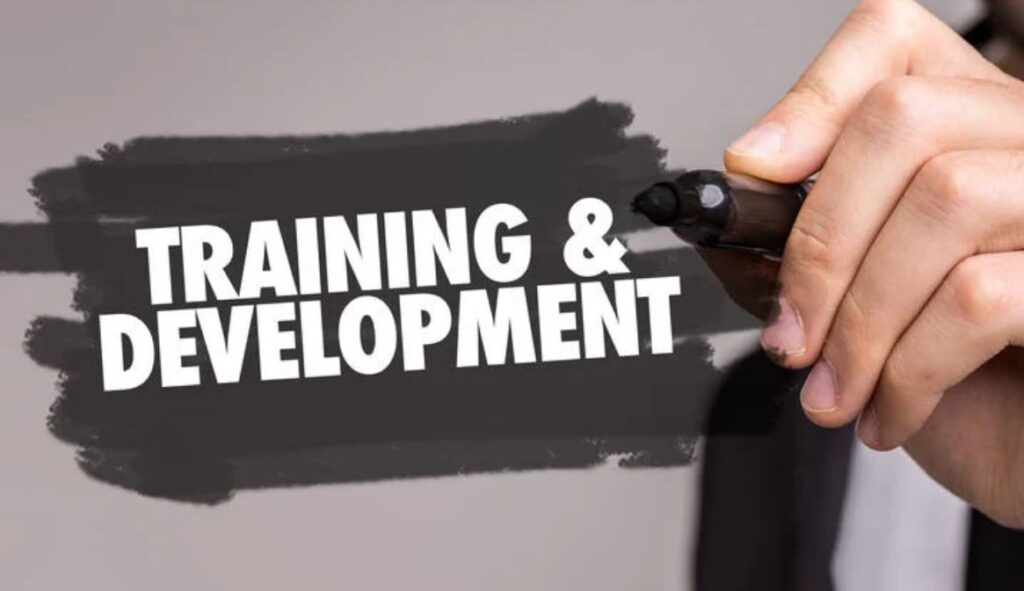Role of Training and Development in Determining Service Quality of Frontline Employees in the Hospitality Industry in Dubai (2018)
Training and Development Strategies Dissertation – This dissertation project investigates the role that training and development plays in the improvement of service quality within a hospitality organisation. The research followed an interpretive ideology where the purpose of the research is to shed more light on the issue at hand using a qualitative methodology that enables an understanding of the context and the perceptions of the subjects. The research method has adopted a mono-method qualitative interview.
Ten managers were interviewed of which five were frontline staff managers and five were human resource department managers. The findings collate with the literature review on most levels as managers noted that training and development is a necessary part of retaining employees and improving service quality. There are gaps in perceptions and reality as the interviews indicated that there are organisation level issues with regards to training and development of frontline staff.
This study focuses on the role that training and development have to play in influencing the quality of services provided by frontline staff to customers in the hospitality industry in Dubai. The industry in Dubai is extensive; therefore, in order to study the role of training and development in a profound manner, it was important to focus the research on to a single organisation. For the purposes of focusing a broad study topic into one profound area, the organisation chosen for the study was Byblos.
The research objectives that follow through from the main aim of the study are listed as follows:
- To understand the concept of training and development
- To examine the role of training and development in influencing service quality in the hospitality industry
- To evaluate the training and development strategies in place at Byblos Hospitality
- To recognise the training needs and effective methods of training to fulfil the quality objectives of the hospitality industry
- 12,000 words – 48 pages in length
- Excellent use of literature
- Good analysis of subject area
- Well written throughout
- Includes interview questions
- Ideal for international HRM students
1 – Introduction
Background of the study
Hospitality Industry overview
About Byblos Hospitality
Purpose of the study
Research Aim
Research objectives
Research Questions
Variable Definition
Significance of the research
Outline
2 – Literature Review
Theoretical Framework
Empirical justification
Training in the services industry in the UAE
Role of training
Required skills in the hospitality industry
Importance of human resource strategies
Impact of technology
Frontline employees
Service delivery tools
Role of Management commitment
Measuring service quality
Training and Development strategies
Conceptual framework
Hypothesis
3 – Methodology
Philosophy
Approach
Methods
Data collection
Research instrument
Reliability and validity
Sample size
Data analysis
Pilot study
Ethics
4 – Content Analysis
Qualitative Analysis
Analysis of interview findings
Discussion in light of the Literature Review
5 – Conclusion and Recommendations
Recommendations
Limitations
Future research avenues
References
Appendix

